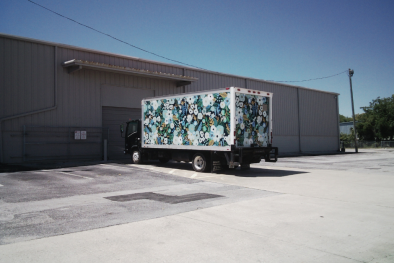
Conflict of Interest at the Highest Levels: Analysis of the Smuggling In...
Адвокат Максим Раков прокомментировал беспрецедентную ситуацию в израильском правоохранительном сообществе на радио РЭКА 1 февраля 2026 г.
20th of November, 2024 – the Court of Justice of the European Union (CJEU) has received a request from Svea Court of Appeal (Sweden) for the interpretation of provisions of the European sanctions’ regulations (Case C-802/24).
The decision in this case may significantly impact the conditions for conducting business with Russian companies, taking into the account international sanctions.
The Court is tasked with interpreting the provisions of Article 11 of EU Regulation No. 833/2014, specifically concerning the possibility and legality of returning advance payments received by a European company from non-sanctioned Russian firms when the European supplier fails to fulfill the contract due to sanctions.
Svea Court of Appeal (Sweden) is considering an appeal against the decision of an ad hoc arbitration tribunal involving a non-sanctioned Russian company (buyer) that had paid an advance, and a Belgian supplier. The supply agreement involved dual-use goods, and the contract was not fulfilled because the Belgian authorities refused to issue the necessary export license. The advance payment was not refunded due to the prohibition on satisfying claims by Russian companies under contracts disrupted by the sanctions regime.
The ad hoc arbitration tribunal ruled that the advance payment should be refunded, along with interest on the amount. This decision was appealed to the Court of Appeal.
The CJEU will determine whether the refund of the advance payment is permissible and, if so, whether there are grounds for awarding interest on the advance. In our opinion, based on principles of fairness, the CJEU should recognize the right of non-sanctioned companies to recover advance payments. The issue of awarding interest, however, remains debatable, and we assess the likelihood of a favourable decision on this matter as low. Additionally, the question arises as to how such a refund decision could be enforced in practice, given the sanctions on the Russian banking system.
The case may remain under consideration for up to 18 months.
[Contact our team for specific guidance on your situation.]